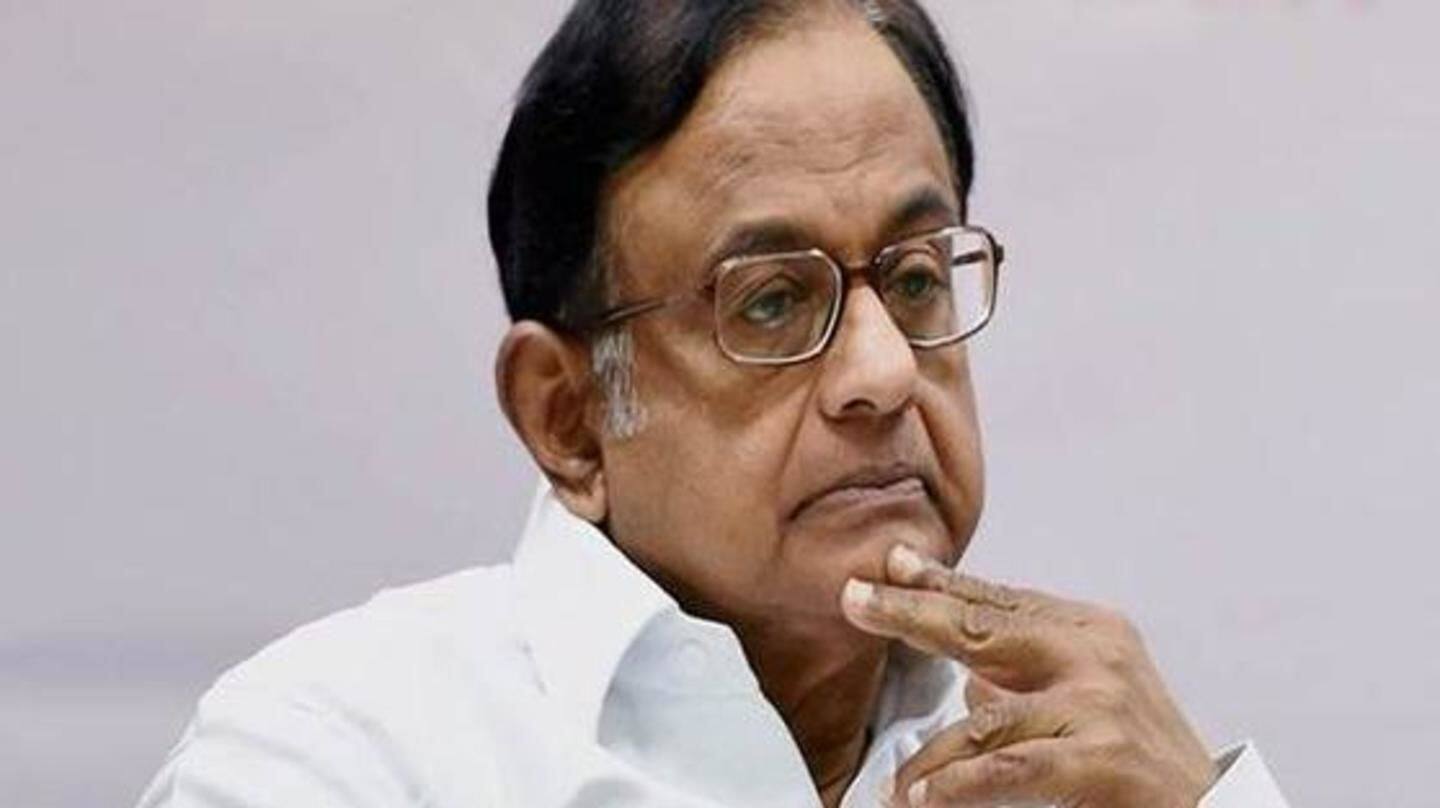
Aircel-Maxis case: Chidambaram moves Delhi court, seeking protection from arrest
What's the story
Former Finance Minister of India, P Chidambaram, today moved a Delhi court seeking protection from arrest in the Aircel-Maxis money laundering case.
The senior Congress leader moved his plea for anticipatory bail before Special Judge OP Saini, who directed Chidambaram to appear before the Enforcement Directorate (ED) on June 5 as already summoned by the agency.
Here's more.
Plea
Chidambaram's lawyers cite his clean antecedents, deep roots in society
The court, which issued a notice to the ED seeking its reply by June 5, also directed the agency not to take any coercive action against Chidambaram in the matter till then.
Senior advocates Kapil Sibal and Abhishek Manu Singhvi, appearing for Chidambaram, urged the court to grant him the relief, considering the former minister has clean antecedents and deep roots in society.
Court proceedings
All evidence already in possession of the government: Plea
In his plea, Chidambaram said all the evidence in the matter appears to be documentary in nature which is already in the possession of the ruling government and nothing was to be recovered from him.
However, special public prosecutor Nitesh Rana, representing the ED, opposed Chidambaram's plea saying he did not join the investigation today, for which the ED had already issued the summons.
Do you know?
Like Father, Like Son
The court has already granted interim protection from arrest till July 10 to the former minister's son Karti Chidambaram in two cases filed by the CBI and ED in 2011 and 2012, respectively in the Aircel-Maxis matter arising out of 2G spectrum cases.
SC petition
Earlier, Chidambaram had moved the Supreme Court
Towards the end of February, P Chidambaram had moved the Supreme Court seeking protection of his and his family's fundamental rights following raids and summons to his son Karti by the CBI and the Enforcement Directorate.
Chidambaram pleaded protection under Articles 14 (equality before law), 19 (freedom of speech and expression), and 21 (right to life and personal liberty) of the Constitution.
SC directive
SC had ordered probes to be completed in 6 months
Subsequently, in March, the Supreme Court ordered the CBI and the ED to complete their investigations into the 2G spectrum allocation cases and other related matters within six months.
The apex court observed that investigations had been going on for way too long and that the nation couldn't be kept in the dark any longer on such sensitive issues.